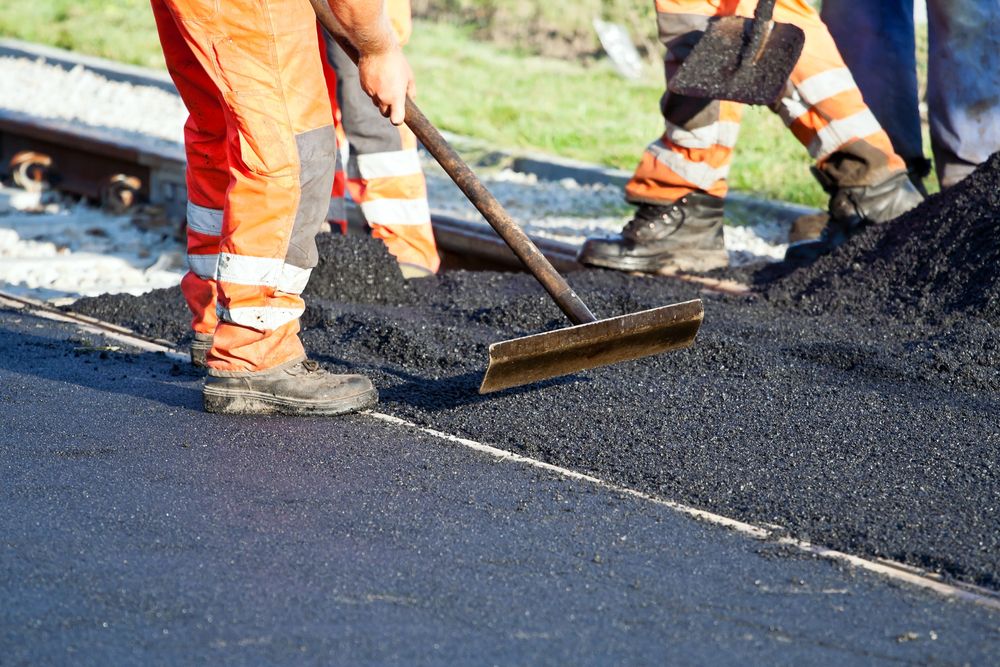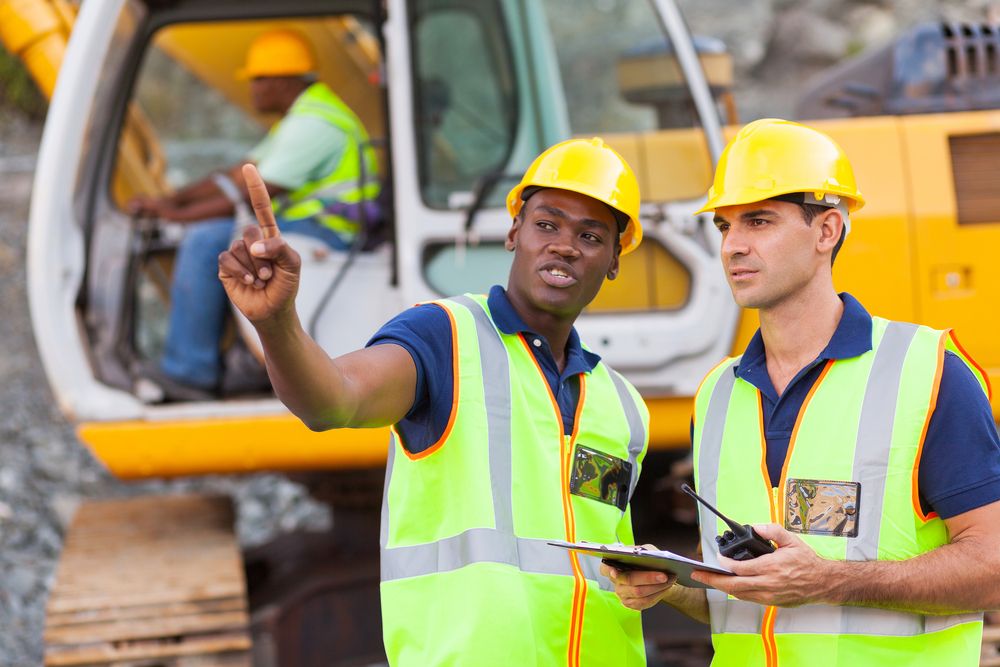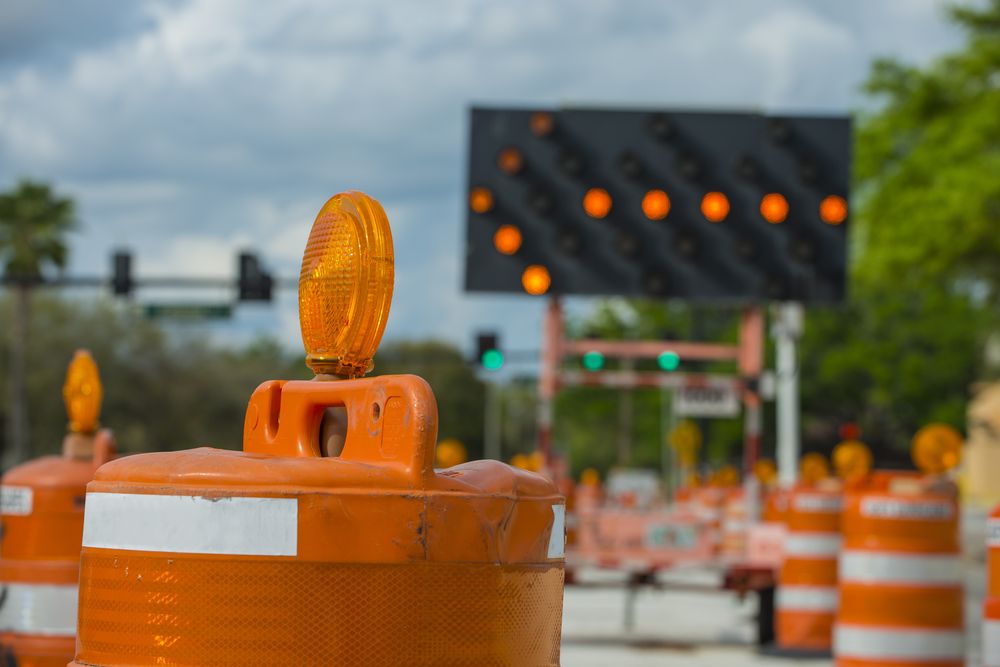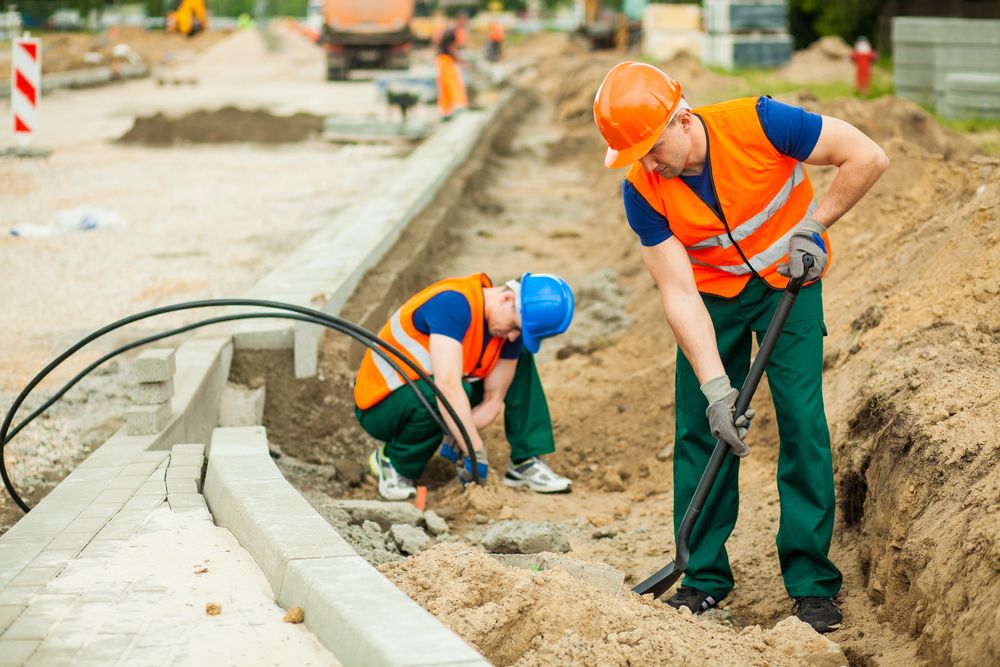
7 Road Construction Work Safety Tips

Roads are our main source of travel and logistical transport. without well-maintained functioning roads, all our necessities become hard to get and very expensive.
Road construction is a necessary headache that all motorists must live with. New roads can speed up travel and give us access to products and services we rely on every day. Road work is an ongoing project that ensures our current roads are safe for travel.
During times of road work, to ensure their overall safety, both road users and road construction crews must adhere to strict safety protocols.
7 Road Construction Work Safety Tips
Follow these 7 safety tips to ensure the safety of your crews.
1. Plan & Prepare
Many factors must be taken into account when planning road construction projects. Things such as weather, holidays, large events, and peak hours all have an effect on the amount of traffic funneled through a given area. Ideally, construction should be planned when an area selected for road construction, is at its lowest rate of usage.
The public should be notified of all current and upcoming road construction work projects and be advised on personal safety and how to best avoid accidents and traffic becoming congested. A comprehensive road construction safety plan should be put in place to protect motorists and road workers by safely conducting traffic around and through the work zones. A traffic control plan is needed inside the work zone to safely manage the flow of vehicles, heavy machinery, and road workers.
2. Correct Traffic Control
Traffic must be mediated at all times while road construction is underway. Traffic control must put advanced warnings signs and indicators must in place to alert motorists of road construction and changes in the flow of traffic. Signs and indicators should be visible from 500 meters before and throughout the road construction work zones.
3. Begin Each Workday With a Safety Meeting
Activities and conditions in a work zone may differ from day to day. A short meeting at the start of a workday allows time for the road workers to be briefed on the day’s scheduled work activities and potential hazards.
4. Wear the Proper Safety Equipment
Safety equipment or Personal protective equipment (PPE) should be worn by ALL personal at ALL times when within a road construction work zone. This includes hard hats, steel toe-boots, hearing aid, and highly visible, reflective clothing.
5. Efficiently Divided Work Zones
To cut time, high costs and increase the safety of road construction projects, work zones are divided into sections to help avoid accidents. Work zones can be busy and have several work activities taken place simultaneously. By using tape, cones, barriers, and barrels, work zones can be sectioned off for the safe movement of road workers, preparation stations, storage, heavy machinery, and vehicles.
6. Routine On-Site Safety Checks
Create a safety plan that consists of daily safety inspections. Safety equipment, first aid supplies, and emergency protocols should be routinely inspected. Implement roll call and safety equipment inspections into your morning meetings.
7. Stay Hydrated
The temperature on asphalt can reach over 2◦ C higher than the surrounding temperatures. All road workers need to drink plenty of water or liquids with electrolytes. Road workers should try and stay out of direct sunlight as much as possible to avoid dehydration, sunstroke and heat exhaustion.
Advanced Consulting & Training – Road Work Safety Training
Keeping workers safe during a roadwork project requires planning an constant vigilance. Keeping these tips in mind will help make your jobsite safer, but there is always more that can be done. If you are committed to maintaining the highest possible safety standards on your roadwork project, then contact Advanced Consulting & Training today to help make it happen!





